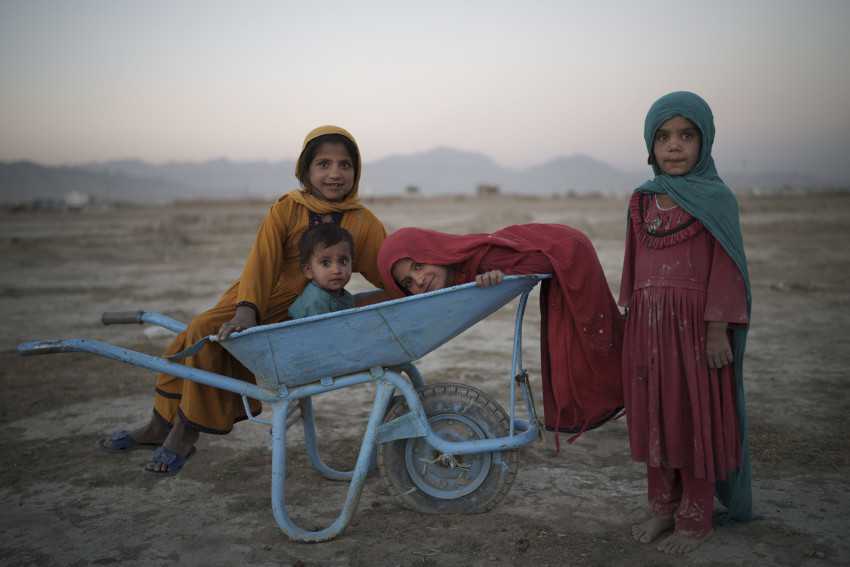Aid groups in Japan vow to continue support for Afghanistan
20 September, 2021

Humanitarian organizations in Japan have said they are determined to continue support for Afghanistan despite deteriorating security and logistics issues amid uncertainty in the country following the Taliban's return to power last month.
Some expressed concern over the future of Afghanistan following the suicide bombings near the Kabul airport in late August and said they have been trying to collect information on the chaotic situation in the country, from which the United States withdrew its troops to end a 20-year war triggered by the 2001 terrorist attacks on American soil.
"The situation is changing every day and we are trying our best to gather information," said Akiko Suzuki, 39, a spokeswoman for the Shanti Volunteer Association, which offers educational support to Afghanistan with the help of local staff.
"We've heard there is lack of food in Afghanistan, so we are examining when we can start aid," Suzuki said. At present, the Tokyo-based nongovernmental organization, which builds schools and libraries for children in Asia, does not have any Japanese staff in the conflict-ravaged country.
Peshawar-kai, a nongovernmental aid group based in Fukuoka Prefecture, has continued to provide medical assistance in Afghanistan even after losing the head of its local office, Tetsu Nakamura, who was gunned down in the country in 2019.
A clinic opened by the Japanese physician in the eastern province of Nangarhar resumed operations on Aug 21 after being closed on Aug 15, when the Taliban captured Kabul.
Peshawar-kai Chairman Masaru Murakami said on the group's website the number of COVID-19 patients has been on the rise with the spread of the highly contagious Delta variant of the coronavirus in Afghanistan and stocks of medicine at the clinic could run out in late September.
"The clinic is now in full operation. We will continue our activities to meet the needs of local people who cannot leave Afghanistan," Murakami said.
Nakamura, who was killed at the age of 73, had devoted his life to drilling wells and other humanitarian work in Afghanistan. A mural dedicated to him in central Kabul was erased recently under the new rule by the Islamic militant group, as it was located in a traffic circle named after a known anti-Taliban resistance figure.
Reshad Khaled, 71, a physician from Afghanistan who heads the nonprofit organization Karez Health and Educational Services based in central Japan's Shizuoka Prefecture, said, "I am worried about what will happen from now on."
"The Taliban lacks human resources and a system to govern people," Khaled said as he sought the international community's involvement in the new Afghan government. His group has been providing medical and educational support in Kandahar, southern Afghanistan.
Khaled, who had started a clinic in 1993 in Shizuoka Prefecture after coming to Japan as a student, also expressed anger at the withdrawal of U.S. forces from Afghanistan last month.
"Afghans have relied on the U.S. military for 20 years but they left the country for their convenience without thinking about the locals," he said.
Source: japantoday.com
TAG(s):
